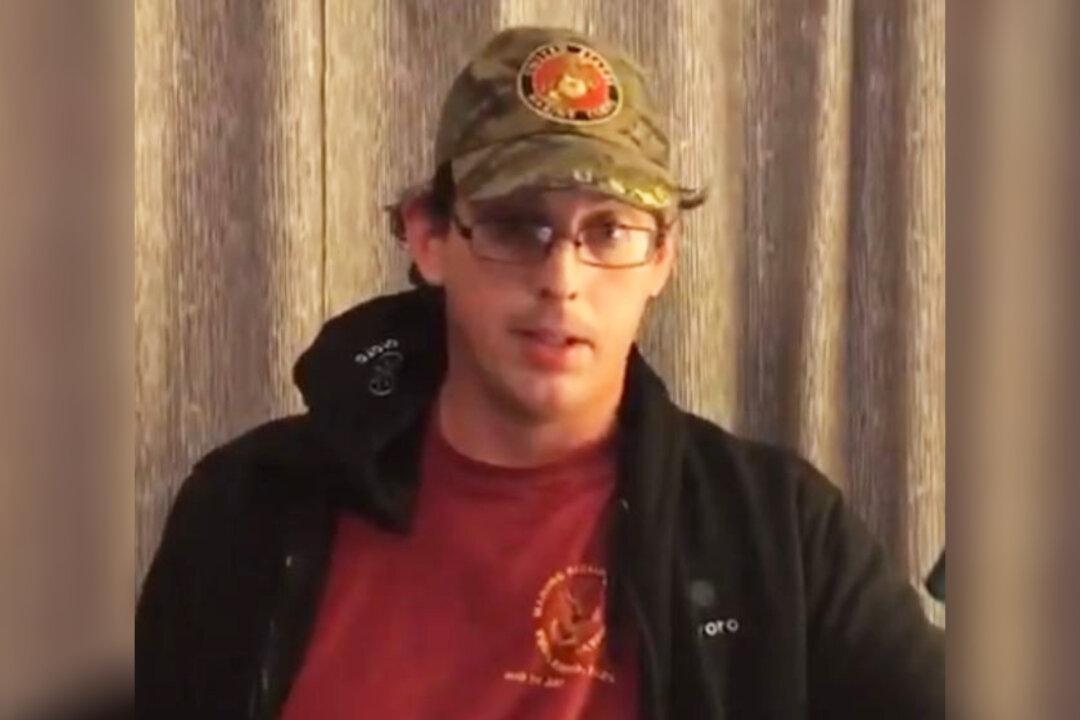A U.S. Postal Service whistleblower in Pennsylvania was questioned by agency investigators in a way that was designed to undermine his allegations of voter fraud, according to a veteran FBI agent.
The whistleblower, Richard Hopkins, had told investigative journalism nonprofit Project Veritas that he overheard a USPS postmaster pull aside a supervisor to tell them that they “messed up” in marking a ballot “for the 4th, instead of the 3rd, because they were supposed to put them for the 3rd,” referring to Nov. 3, Election Day.





